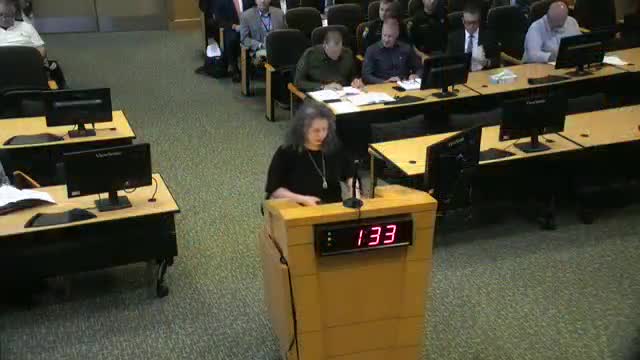Article not found
This article is no longer available. But don't worry—we've gathered other articles that discuss the same topic.
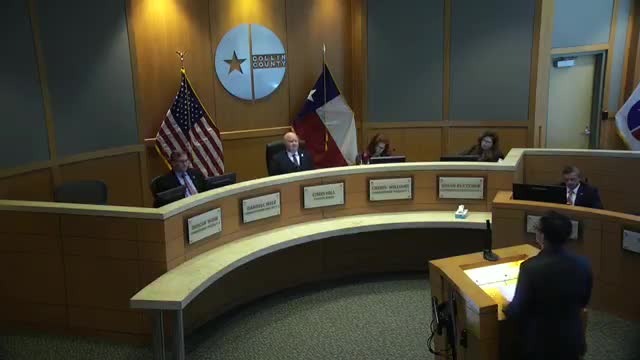
North Central Texas population update: Collin County grew by roughly 75,000 in past year, unincorporated population now over 100,000
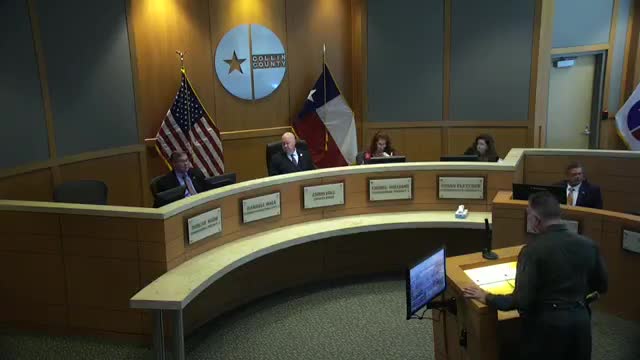
Commissioners direct shift to hand‑marked paper ballots for November, ask staff for implementation plan
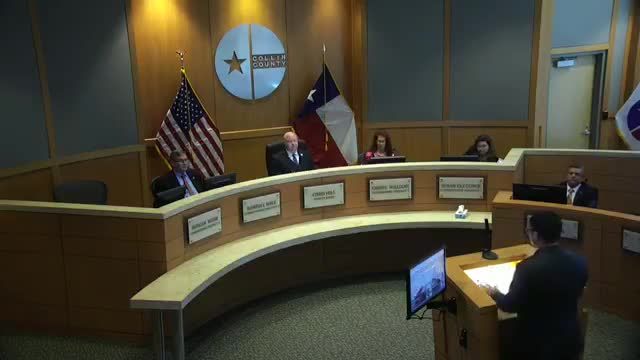
Court directs staff to find site at Myers Park for sheriff’s equine therapy program
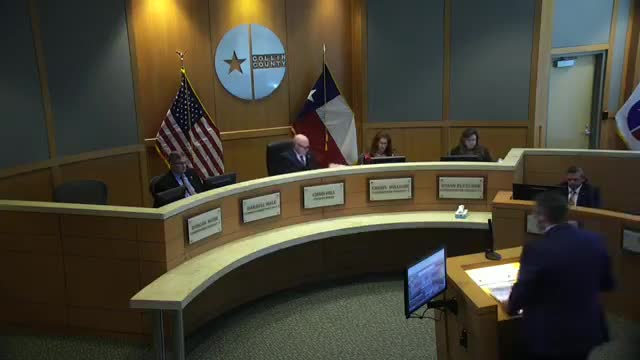
Court hears update on donated Israel trip for sheriff’s staff; no county action taken
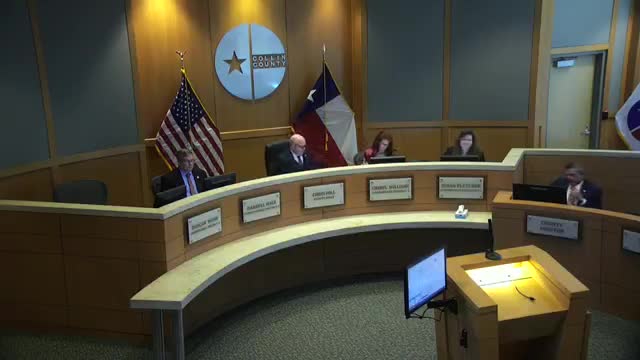
Commissioners approve emergency out‑of‑county inmate housing payment after discussion of capacity and costs
